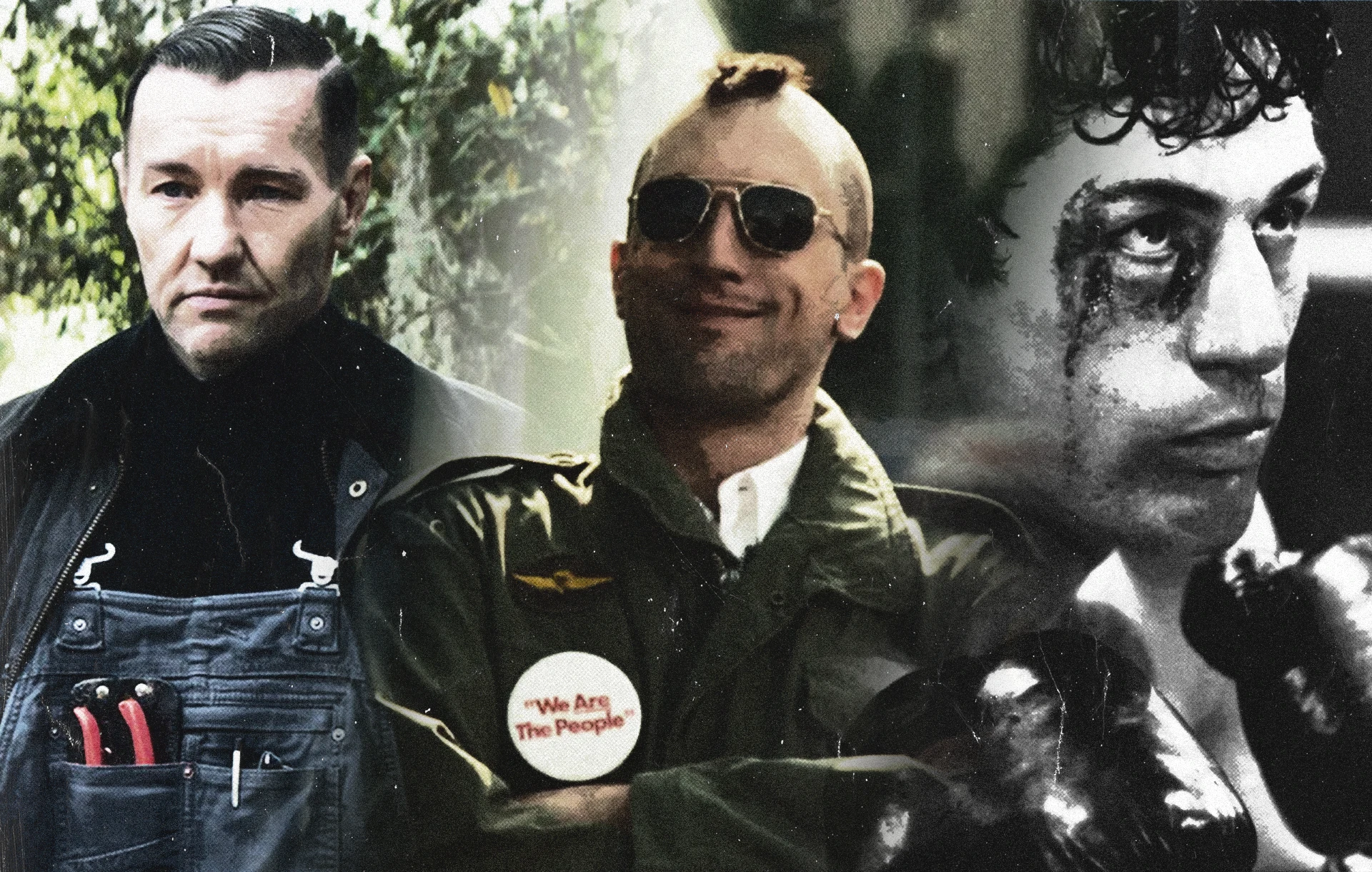It is hard to believe that Paul Joseph Schrader, writer of Martin Scorsese’s Taxi Driver, Raging Bull, The Last Temptation of Christ and many more, was actually forbidden to watch films as a child. Due to the strict education imparted in his Calvinist Christian Reformed Church, he had to find his voice through an act of rebellion. That’s why he attributes his intellectual rather than emotional approach towards filmmaking to his lack of adolescent movie memories.
In fact, what Schrader had in common with his generation of American filmmakers was not just the attraction to the endless possibilities presented by films, but rather the forbidden nature of this medium. And here we get a chance to comprehend an important aspect of this grandmaster’s storytelling style, which is the use of metaphors as a means to conceal controversial ideas. In this regard, we could conceive Schrader’s Cinema as a forbidden fruit. His career started by biting that fruit and, as a consequence of that action, it was entirely spent to tell the fall of men, including his own fall.
The aforementioned forbidden-fruit metaphor can be useful to explain how choices that are apparently arbitrary in storytelling, actually aren’t, as they can represent what poet and literary critic T.S. Eliot called “objective correlatives”. This term can indicate a set of objects, a situation, a chain of events that could be the formula of a particular emotion. Paul Schrader happens to be particularly attracted to this notion, so much so that he integrated it in his storytelling style and used it to inform his characters’ working life.
Epitome of Emotions
As he declared during a BAFTA Screenwriters’ Lecture, Schrader wanted to make a film about a young man’s loneliness, and this idea came out of a dark period of his life, where he was living in his car and had a bleeding ulcer at the age of 25. Then, in the hospital, this image of a taxi cab came to him: “This yellow, rectangular coffin, a metal coffin, floating through the open sewers of a metropolis. Inside that coffin is trapped a young man. And it looks like he’s surrounded by life, but in fact he’s absolutely alone”. The power of this metaphor overwhelmed Schrader to the point that he identified with that young man and his problem. This is how Taxi Driver (1976) was conceived.
What Schrader does is simple yet genius. He identifies a problem, such as loneliness, uncontrolled rage, inability to express love, lack of faith, and then turns it into a metaphor. Now, if we take a closer look at the titles of his scripts, we will notice that the metaphors, or objective correlatives, are right there in these characters’ occupations: Taxi Driver (1976), Blue Collar (1978), American Gigolo (1980), Raging Bull (1980), First Reformed (2017), The Card Counter (2021), and The Master Gardener (2022). All these titles tell us something about their protagonists based on what they do for a living, where they work, and what their distinguishing trait is, as in the case of Raging Bull.
Another detailed example can be found in American Gigolo, which was considered the reverse side of Taxi Driver by Schrader himself. As he commented on a New York Times’ item, “The character in Taxi Driver was compulsively nonsexual. The character in American Gigolo was compulsively sexual. He is a man who receives his identity by giving sexual pleasure but has no concept of receiving sexual pleasure.” In fact, the occupation of Gigolo represents for Schrader the best metaphor for his inability to express love at the time. Again, we are talking about the problem without talking about the problem. The title is just a mere device meant to present the epitome of an emotion concealed behind a precise profession.
The Nature of a Problem
Now that we know what an objective correlative is, and how this technique can be compared to a metaphor in literature, we can take a closer look at Schrader’s filmography and notice how simple yet bold his body of work is. He combines simple metaphors with philosophical problems and, by driving those problems (Loneliness) through their metaphors (Taxi Driver), he gives birth to a plot. Back stories, plots, sub-plots are all journeys aimed to explore the nature of a problem.
In his last creative endeavor, Master Gardener (2022), for example, Schrader presents an elegant parallelism between the protagonist and the garden he cares for. The protagonist prevents the garden from growing wild, and in doing so he prevents his past, his problematic nature, from coming back and growing wild as well. The nature of this kind of problem is also the main conflict at the core of many stories that we hear every day. It’s just the metaphor that makes it more original.
When it comes to the never-ending debate on pursuing a character-driven narrative rather than a plot-driven one, we should first ask ourselves whether we have a poor, good, or no grasp of a given problem. That’s why film professors nowadays keep saying the same thing over and over – “Write what you know.” Each one of us, including Schrader, is inhabited by something unique that yearns to show itself and live fully: that’s the first thing we know, our truth, that’s what we want to share, and that’s what Schrader did with Taxi Driver and most of his screenplays.




